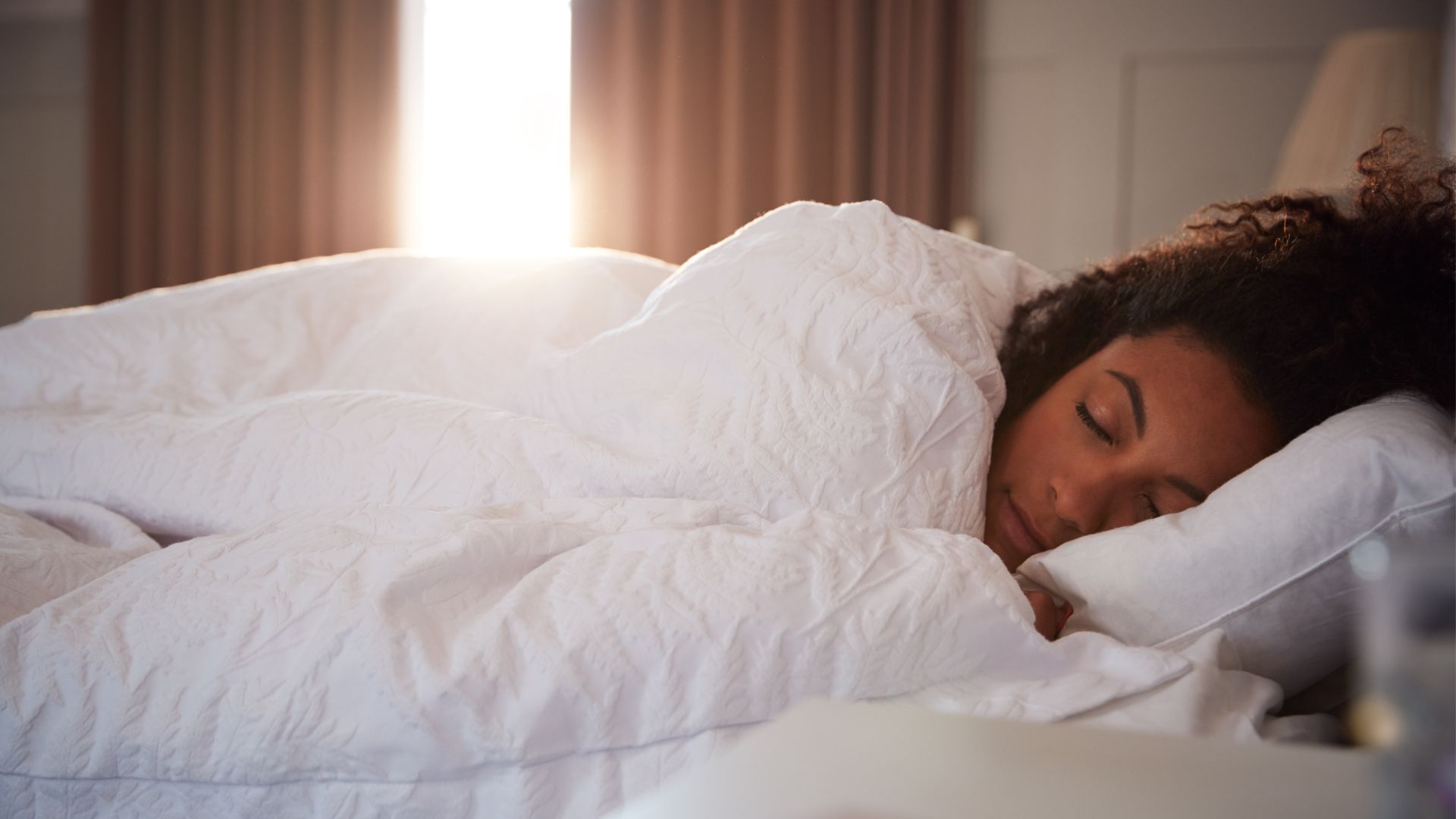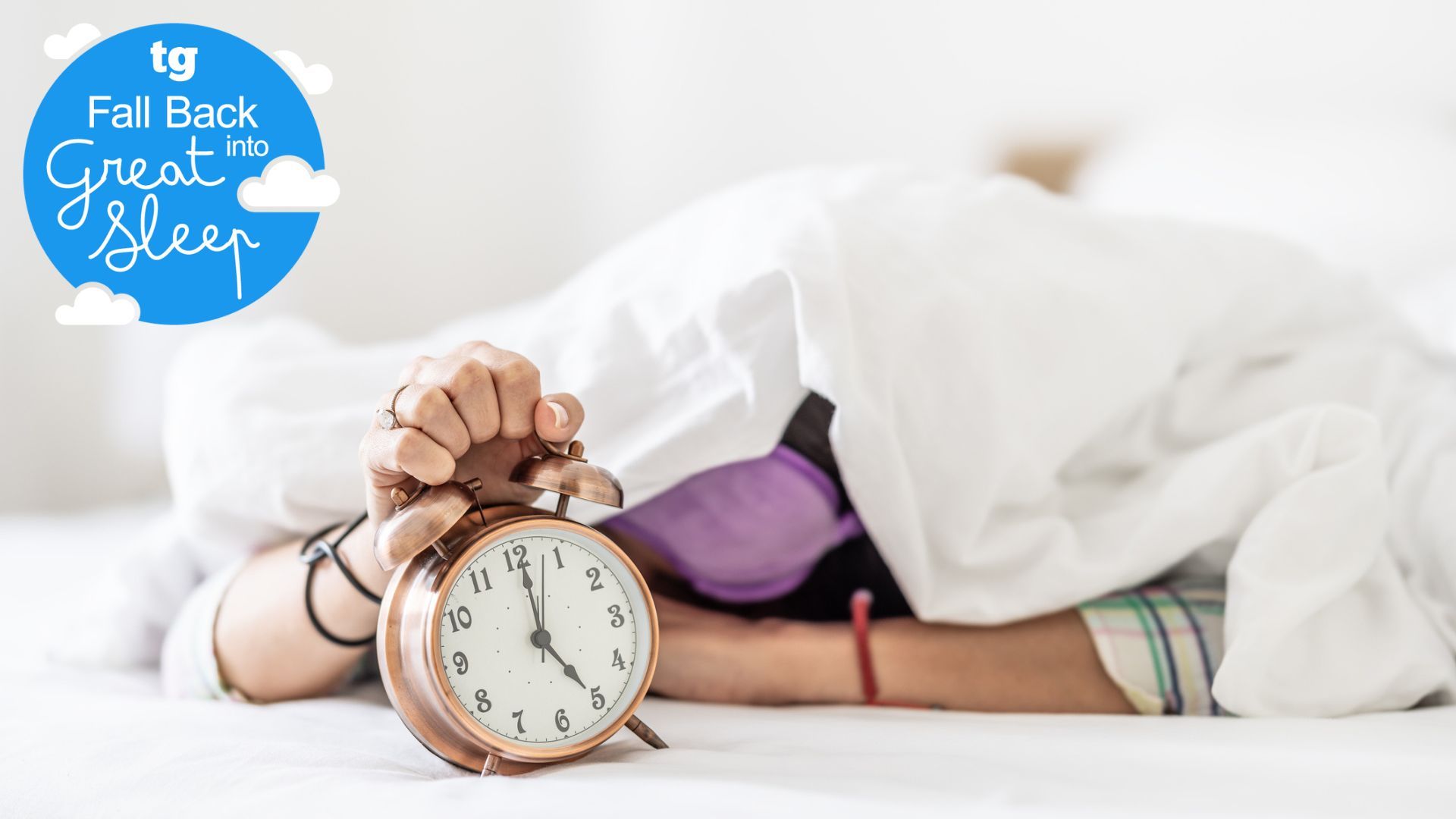The clocks have just gone back in the UK, and if you’ve been struggling with increasingly darker mornings as we slide into autumn, you might be welcoming things being a bit brighter when you wake up.
I’ve been finding it a lot harder to get out of bed in the mornings over the past few weeks, but since the clocks went back on Sunday morning it’s been much easier to bounce out of bed first thing than it was a week ago.
Here’s how the clocks going back can mess up your sleep — and what you can do to minimise the impact so you can Fall Back into Great Sleep.
How the clocks going back can ruin your sleep
1. Disrupt your sleep patterns
Even though an hour doesn’t really amount to much, when it comes to our sleep patterns that sudden adjustment can really throw a spanner in the works.
Basically when the clocks go back you’re effectively going to bed an hour later, but because of the lighter mornings you may find yourself waking up earlier.
I can vouch for how pleasant it is to not struggle to get out of bed in the mornings, but it’s not hugely sustainable and you can end up racking up some serious sleep debt, and so after a few days you’ll end up feeling exhausted.
2. Make it more difficult to wake up
Even though that extra hour of daylight in the morning can be a lovely thing, it’s not lovely for everyone.
Because our sleep cycles through the night generally last around 90 minutes, getting an extra hour can mean that our alarm clocks are dragging us into wakefulness when our sleeping brains really aren’t ready for it, and that can mean you start the day feeling groggy and unable to wake up properly.
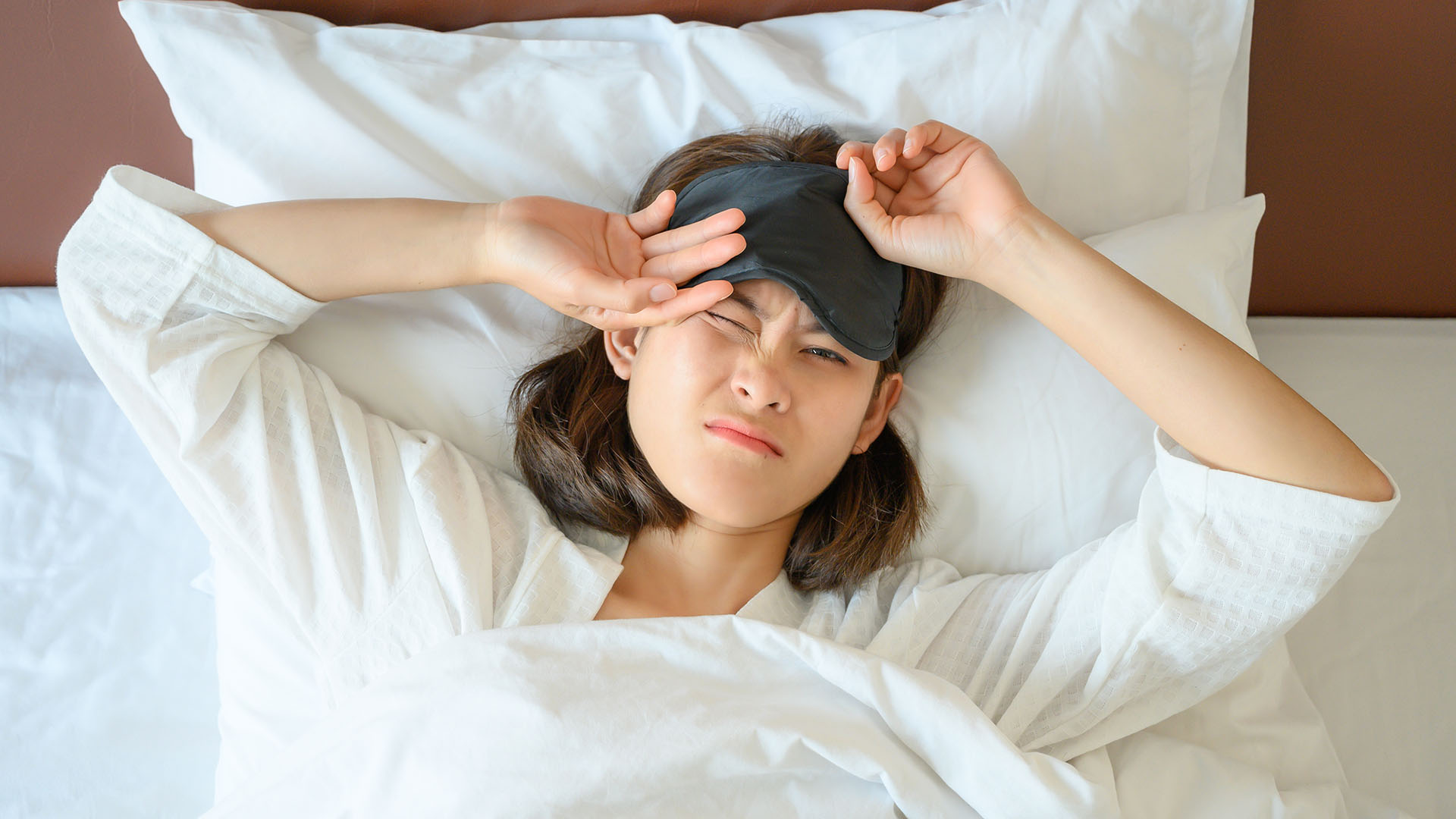
3. Cause low mood
The problem with that extra hour of daylight in the morning is that it’s balanced out by it getting dark an hour earlier, so you’re faced with long, dark evenings and the prospect of days getting even shorter as we edge towards winter.
That’s enough to spoil anyone’s mood, and the effect is even more marked if you struggle with seasonal affective disorder. SAD can impact your sleep in a number of ways, and the clocks going back in autumn can be the signal for it all to kick off.
It throws off your body’s natural rhythm and, says Dr Perry, can lower serotonin levels while increasing melatonin levels, resulting in a killer combination of restless nights and tiredness during the day.

How to maintain great sleep after the clock change
This is the easiest time to slip into bad sleep habits. Maybe you want to nap through the afternoon, have lazy mornings in bed or stay up light scrolling through your phone, but don’t! Here’s how to minimize the side effects of the clock change.
Practise a consistent bedtime routine
What you should have done, as I’ve known for a few years and never remember to actually do it, is to prepare for the clock change by gradually making your bedtime later over three or four nights, so that when the clocks go back you’ll slip instantly into your usual bedtime.
Assuming, though, that like me you haven’t done that, the best approach right now is to try to adopt a consistent bedtime routine.
Set a bedtime and stick to it, and spend an hour or so before bedtime winding down in whatever way works best for you, so that you go to sleep quickly instead of lying awake in bed.
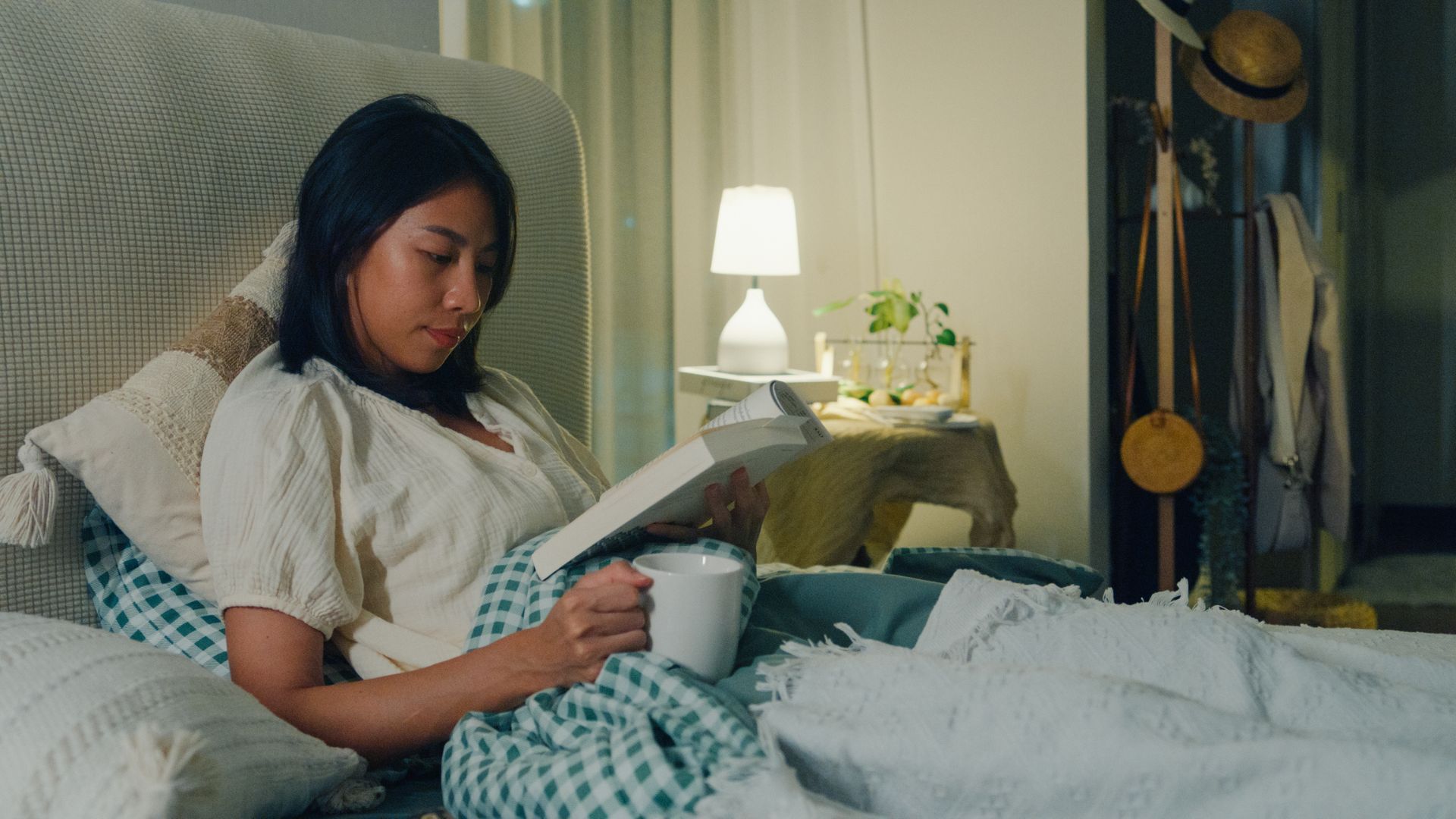
Adopt a morning routine, too
One simple way to feel more awake in the morning is to splash cold water over your face; it’s a little shock to your system that can stimulate blood flow and oxygen intake and get you feeling a little more human.
Another trick is to get outside for some morning sun; as Dr Chelsea Perry of Sleep Solutions previously explained to us, “Exposure to natural light in the morning is particularly effective as it signals your brain to wake up and start the day.”
Whatever you try, however, the good news is that this morning grogginess is something that will naturally sort itself out over the next week or so as your own circadian rhythm adjusts.
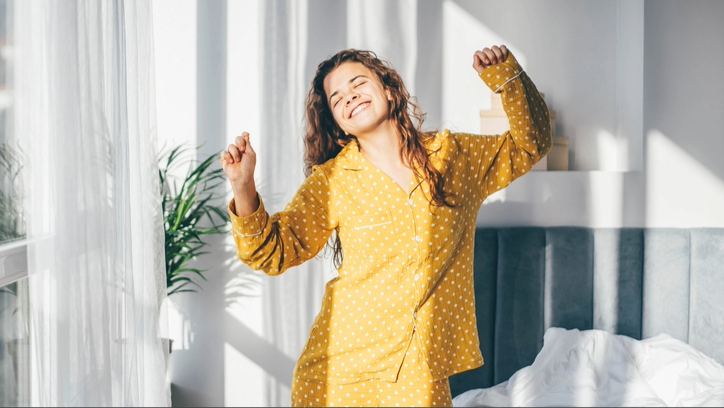
Create the right environment
Many of our standard sleep tips can help if you’re dealing with a low mood after the clocks change: having a consistent bedtime and wake-up time can make a world of difference, as can ensuring that you try to get outside to catch some sunlight.
But if you’re still struggling, a SAD lamp or even a sunrise alarm clock can improve matters by bathing you in light that feels like natural sunlight, encouraging your brain to produce less melatonin and more serotonin, making you feel happier and more awake.
Nailing the basics is also important. It’s a great opportunity to assess your sleeping environment. Are you sleeping on the best mattress for your body? Have you got the best pillow for your sleeping position?
